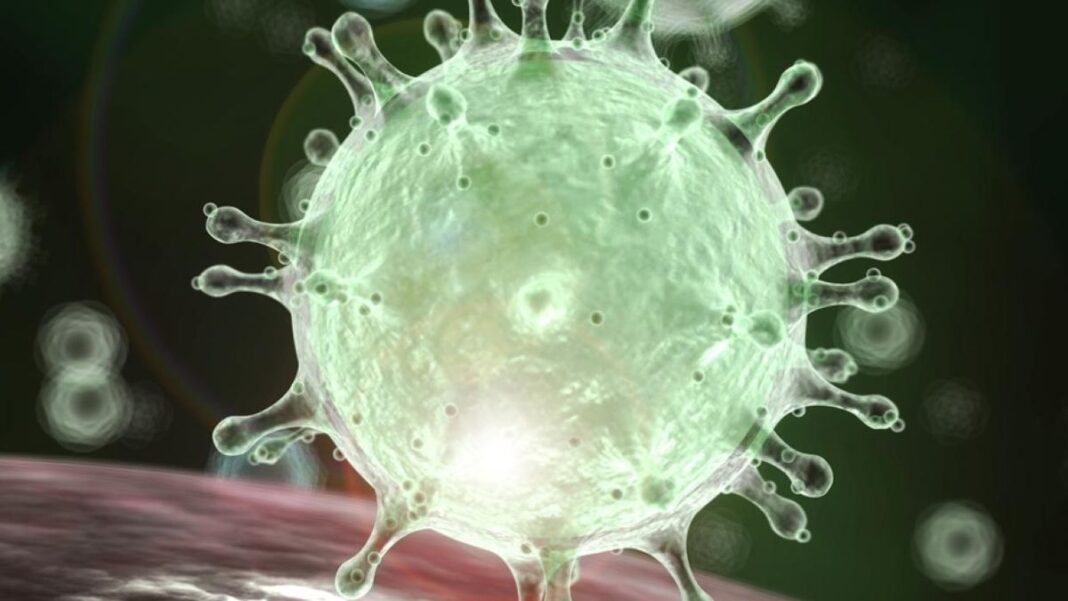A new study suggests spike protein persists in the body much longer than previously thought and may contribute to long COVID.
Scientists in a new paper detected spike protein in the bloodstream of people with long COVID two months after infection and COVID-19 vaccination, suggesting that spike protein may persist in the body much longer than previously predicted and does not remain at the injection site.
The study, published Dec. 27 in the European Review for Medical and Pharmacological Sciences, found vaccine spike protein in two patients at least two months after receiving their second dose of a COVID-19 vaccine and viral spike protein in one subject who previously recovered from infection in a cohort of 81 patients with long COVID syndrome. Samples gathered from the unvaccinated control group were negative for spike protein.
“This study, in agreement with other published investigations, demonstrates that both natural and vaccine spike protein may still be present in long-COVID patients, thus supporting the existence of a possible mechanism that causes the persistence of spike protein in the human body for much longer than predicted by early studies,” the authors wrote.
Although U.S. regulatory agencies claim vaccinating against COVID-19 can reduce the risk of developing long COVID, some research suggests the condition may be caused by an immune overreaction to the spike protein in COVID-19 vaccines used to induce antibodies.
In a February 2023 study published in the Journal of Medical Virology, researchers examined the levels of spike protein and viral RNA circulating in patients hospitalized for COVID-19 with and without long COVID. They found that spike protein and viral RNA were more likely to be present in patients with long COVID. In patients with long COVID, 30 percent were positive for both spike protein and viral RNA, whereas none of the individuals without long COVID were positive for both.
CDC Claimed Spike Protein Was ‘Harmless’ and Quickly Breaks Down
When COVID-19 vaccines were first authorized, the Centers for Disease Control and Prevention (CDC) said the spike protein produced by the body after receiving a COVID-19 vaccine is a “harmless piece of spike protein.” Furthermore, the agency stated that spike protein didn’t “last long in the body” and breaks down within a few weeks like other proteins. The Infectious Diseases Society of America, a resource center funded partly through a cooperative agreement with the CDC, estimated that the spike proteins generated by COVID-19 vaccines only last up to a few weeks in the body.







